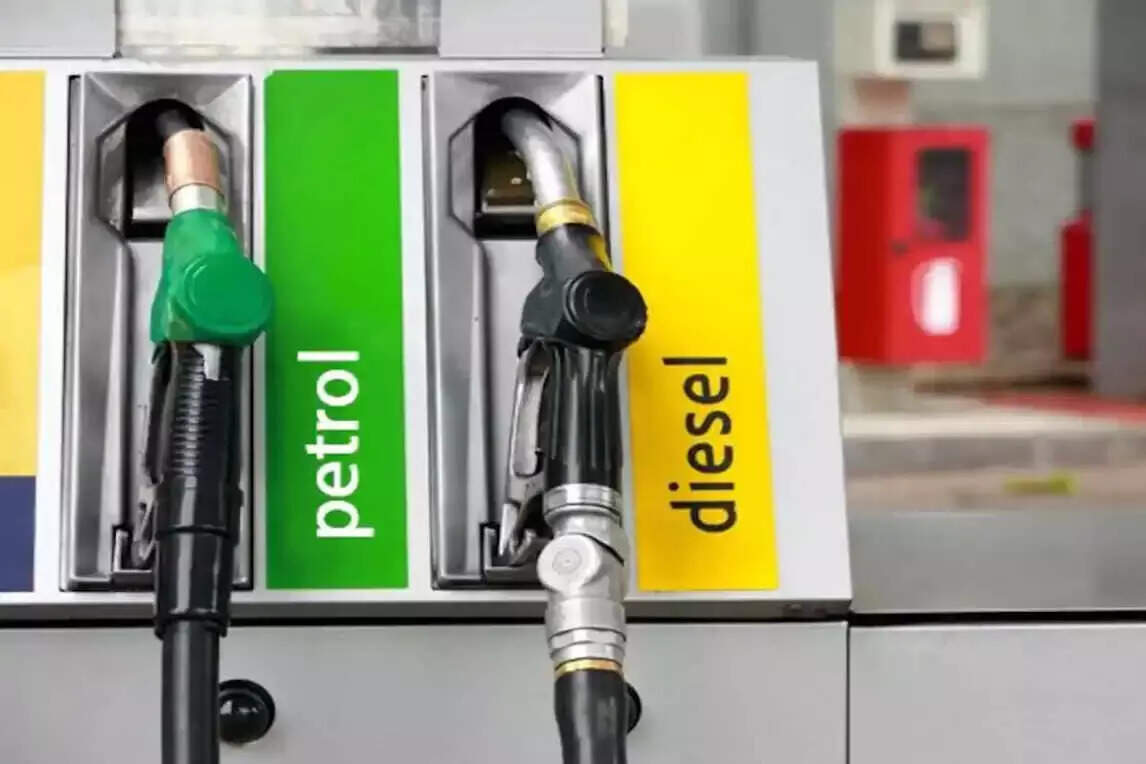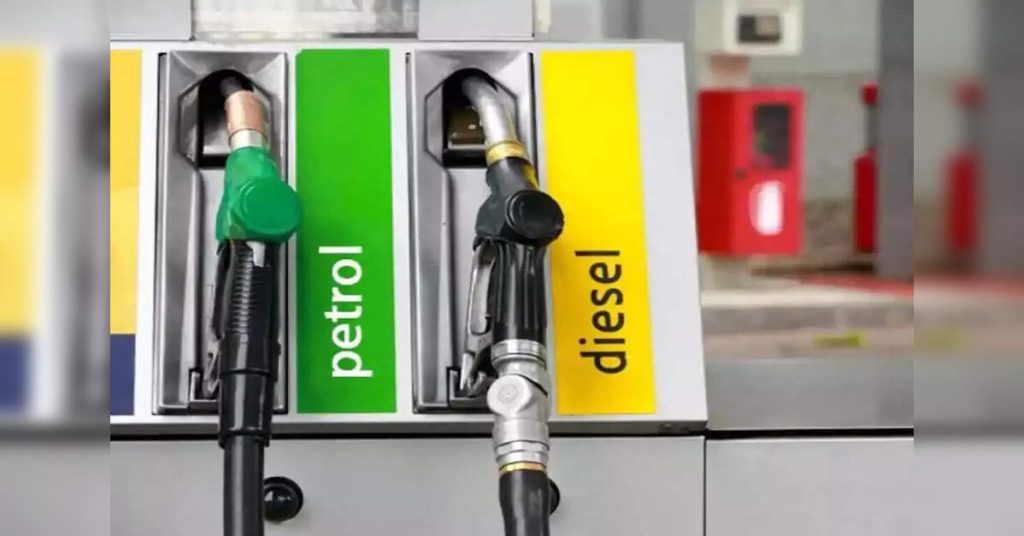
Petrol prices in Telangana have risen by more than 23 per cent over the past five years, outstripping increases in major metros such as Delhi and Mumbai by nearly 10%, The Times of India reported on September 2. Despite cuts in central excise duty, Hyderabad — the reference city for the state — today records some of the highest fuel rates in the country, the report (Nirupa Sathya Sree Vatyam) said.
According to data presented in the Lok Sabha, petrol in Hyderabad has gone from Rs 87.06 per litre in 2021 to Rs 107.46. Among large cities, only Kolkata has seen a similar jump. Nationwide, Telangana ranks third in petrol prices, behind Pune at Rs 109.74 and Jalandhar at Rs 107.48.
Union petroleum and natural gas minister Hardeep Singh Puri attributed the broader national decline in prices to measures taken by the Centre. He pointed out that in Delhi, petrol and diesel have dropped to Rs 94.77 and Rs 87.67 per litre respectively from their November 2021 peaks of Rs 110.04 and Rs 98.42.
These reductions followed two rounds of excise duty cuts — Rs 13 per litre on petrol and Rs 16 on diesel in late 2021 and mid-2022. “This relief was fully passed on to consumers,” Puri said.
But Telangana consumers have seen little of that benefit. Local fuel dealers say the problem lies with state-level taxation. While some states reduced value-added tax (VAT) to soften the impact of high crude oil prices, Telangana has not.
The Telangana Petroleum Dealers Association argues that high VAT is pushing rates well above the national average. “If VAT is revised, fuel prices here could drop significantly,” association president Marri Amarender Reddy told ToI.
He added that neighbouring states are drawing away business because their fuel is cheaper. “Southern states including Telangana are losing business to neighbours where petrol and diesel are cheaper, attracting bulk buyers,” he said.
The losses are substantial. According to Reddy, Telangana forfeits nearly Rs 2,000 crore every year as bulk buyers source fuel from Karnataka’s border districts, particularly Kalaburagi. At one point, the difference was about Rs 12 per litre, creating a steady outflow of demand.
It is not just petrol that has been affected. Dealers note that diesel prices in Hyderabad have also climbed faster than in Mumbai. For transporters and businesses, this adds to costs in a state already grappling with higher energy bills compared to its neighbours.
Global crude oil markets remain volatile, swayed by geopolitical events and supply shocks. But within India, the variation in pump prices has as much to do with state-level tax policy as international markets.
In Telangana, the refusal to revise VAT has meant that central duty cuts provided only partial relief.


